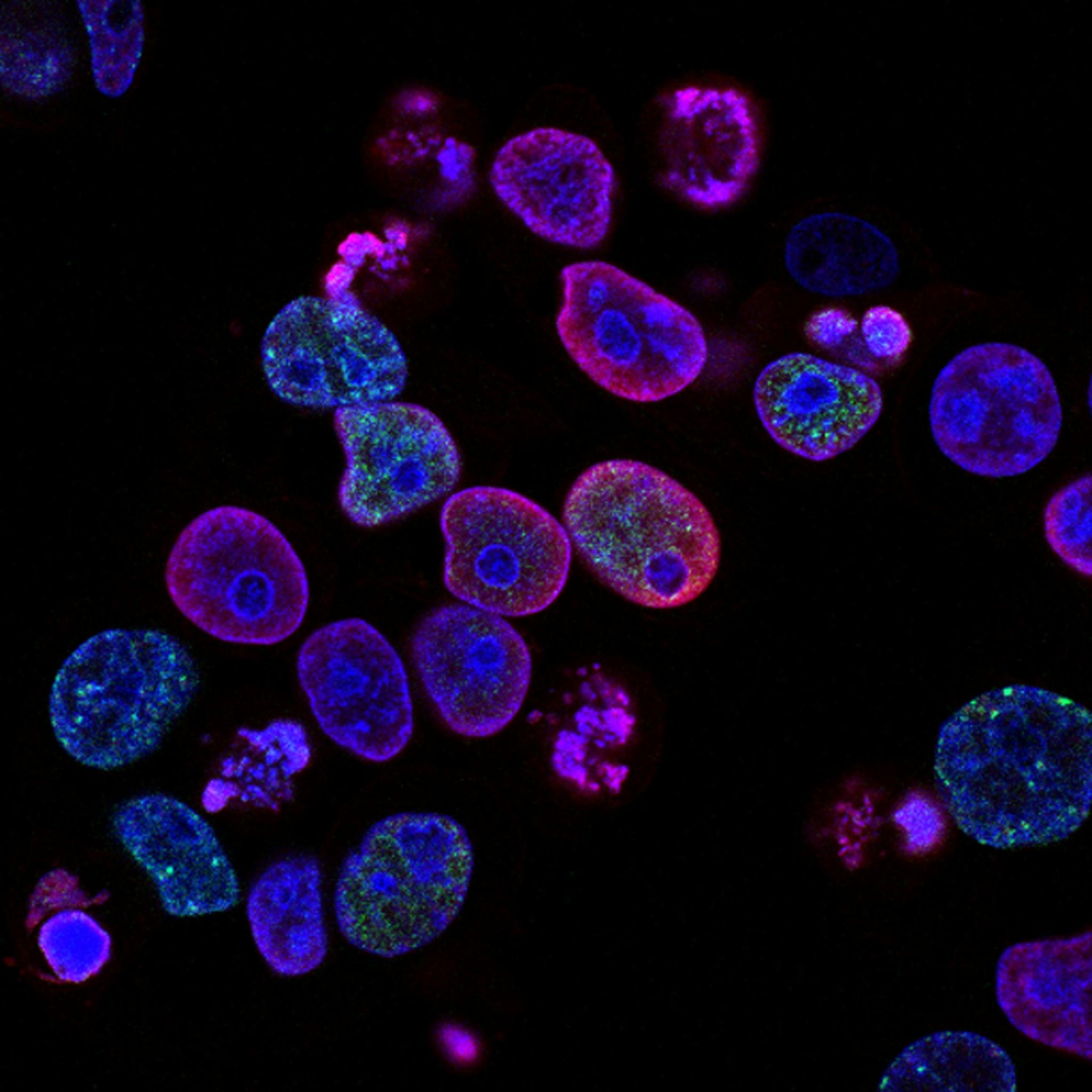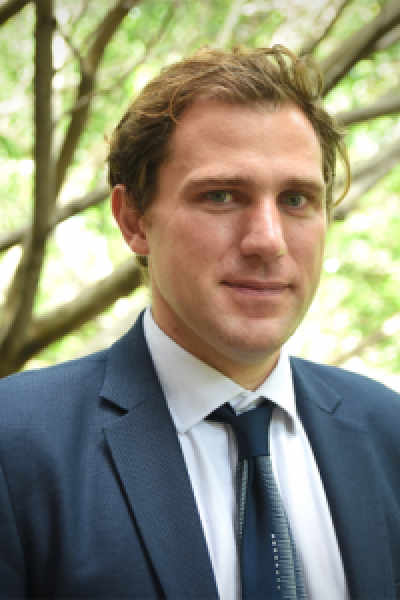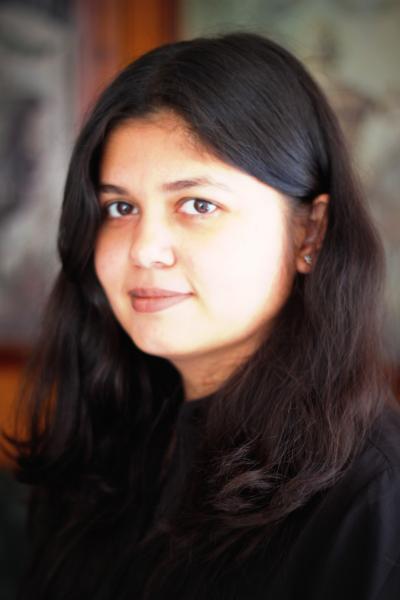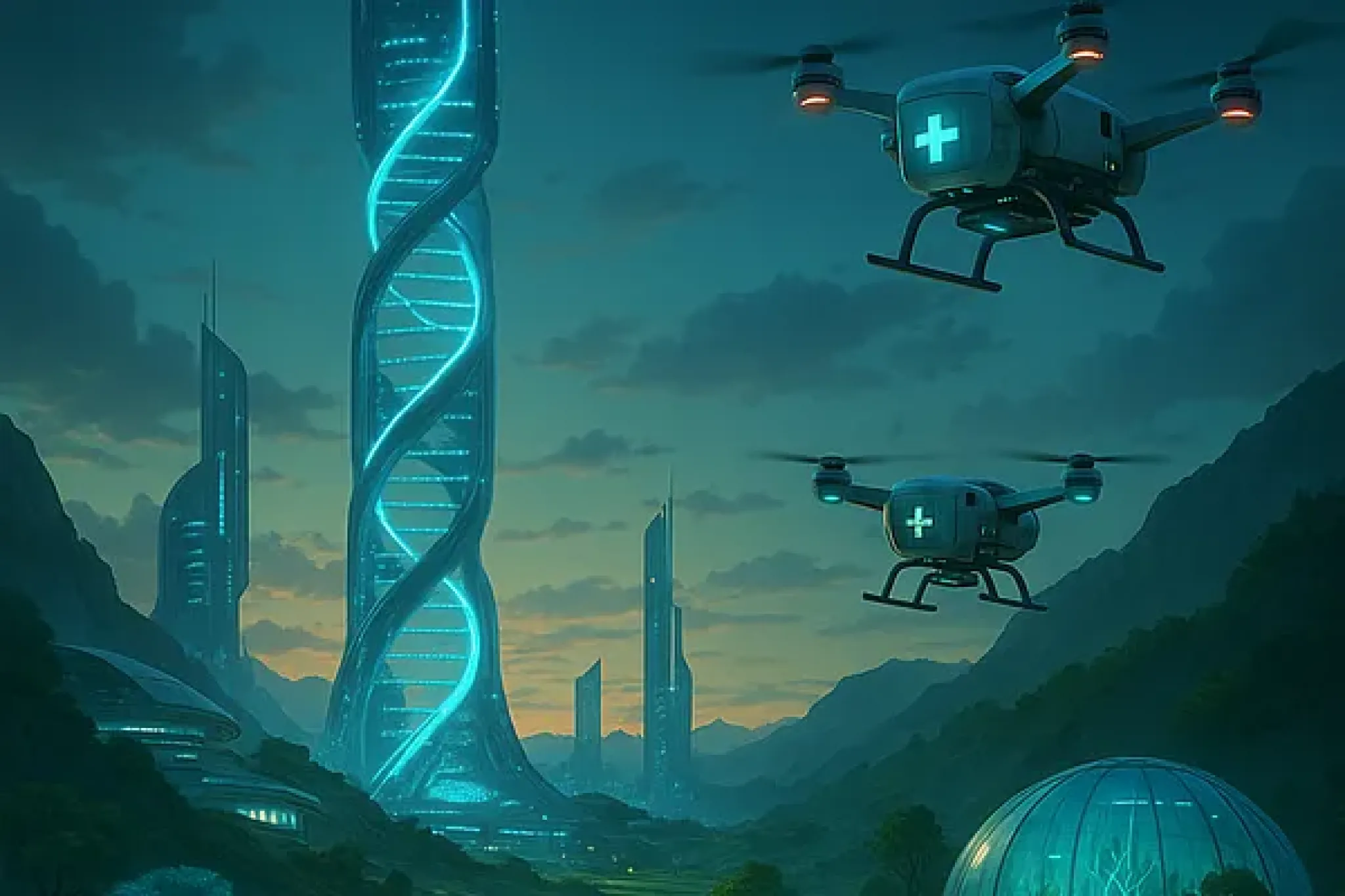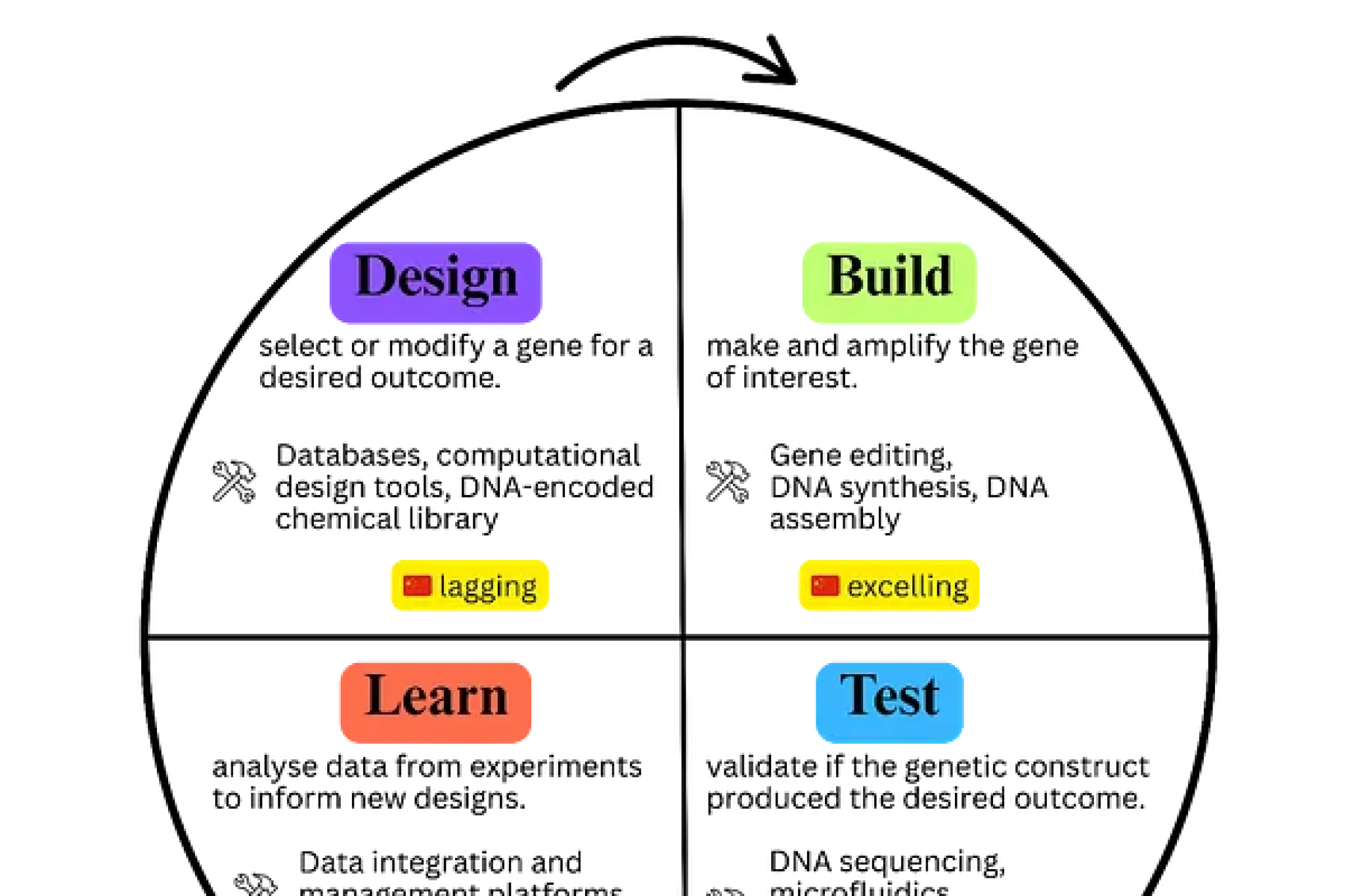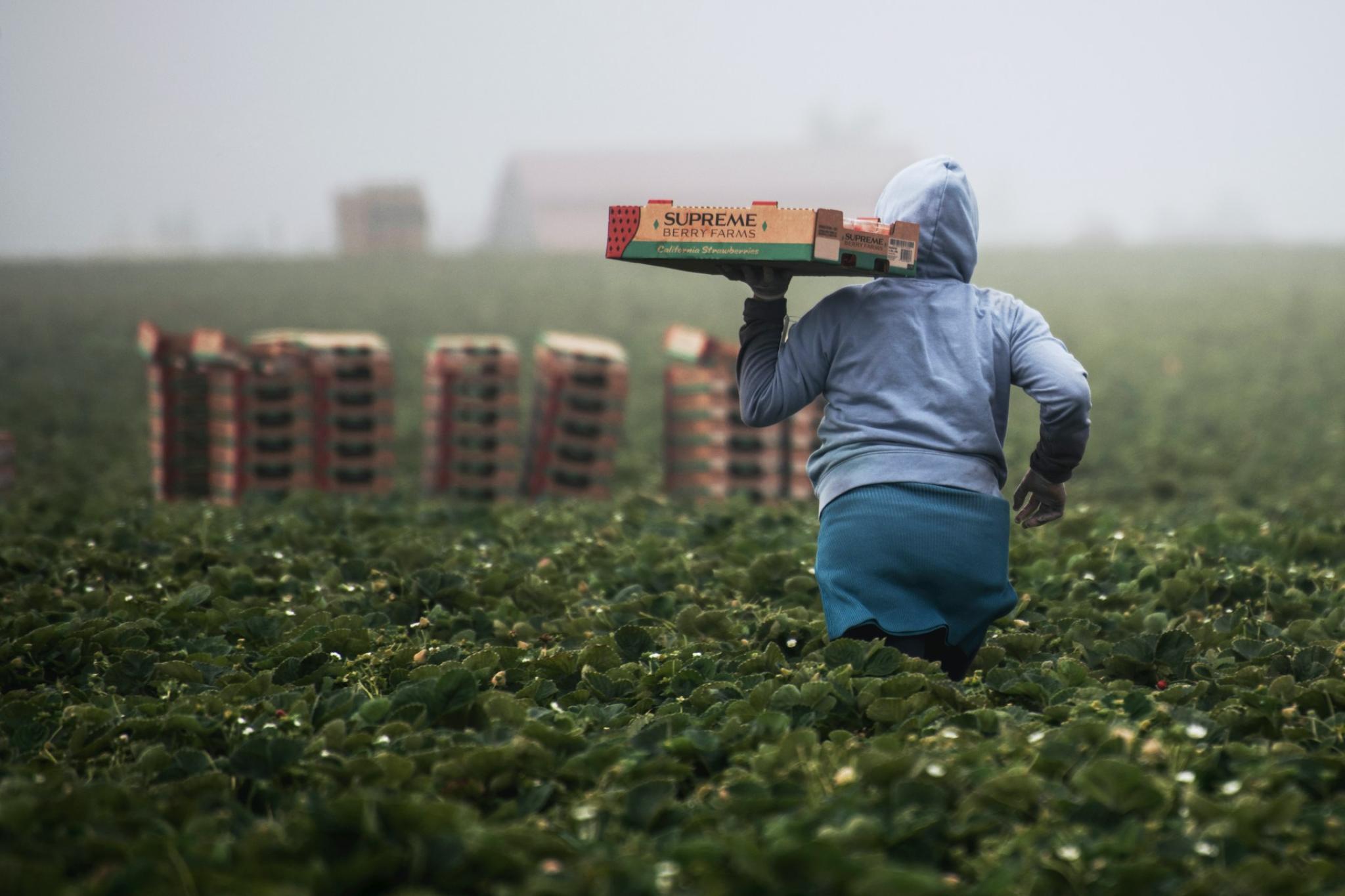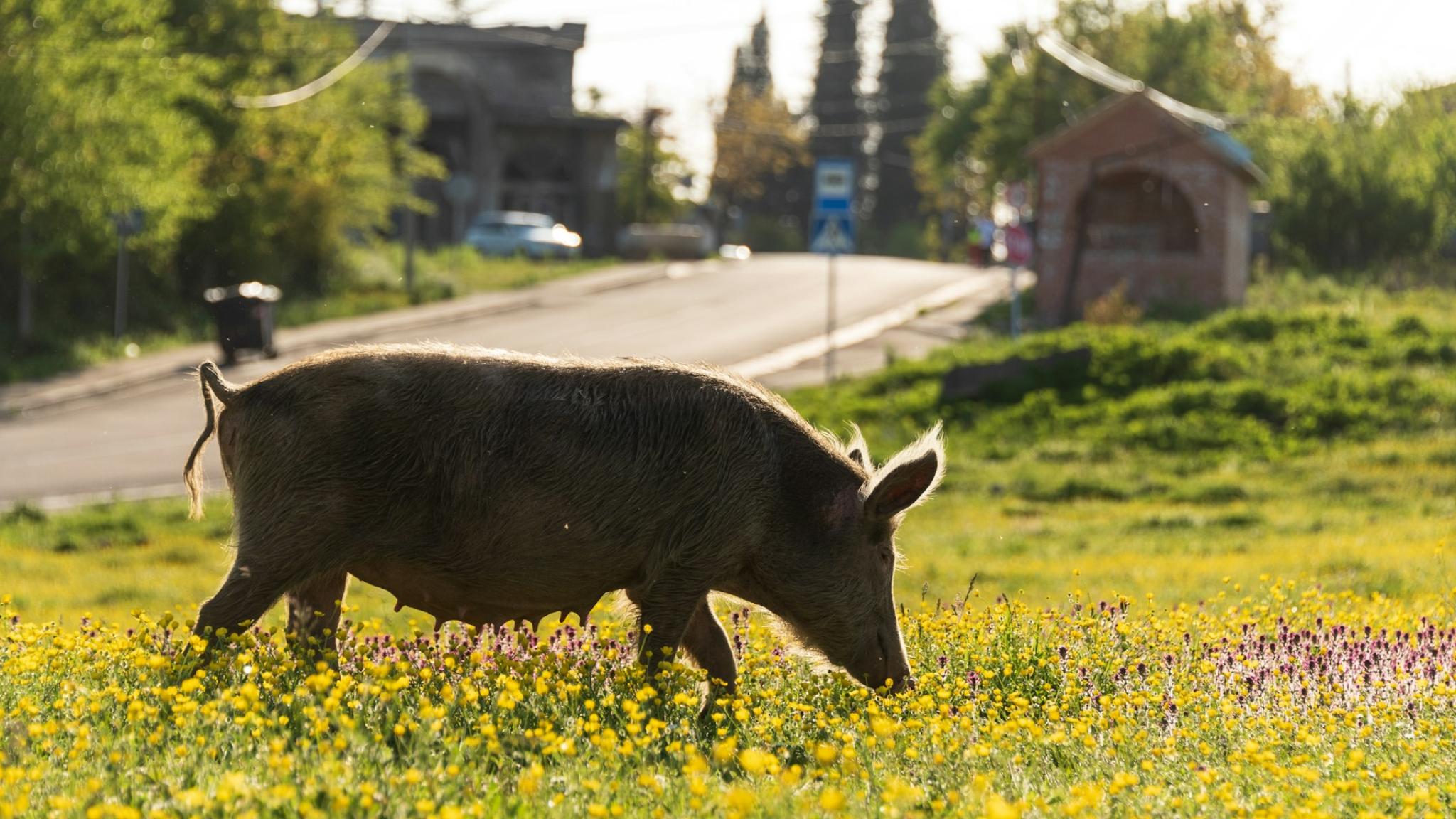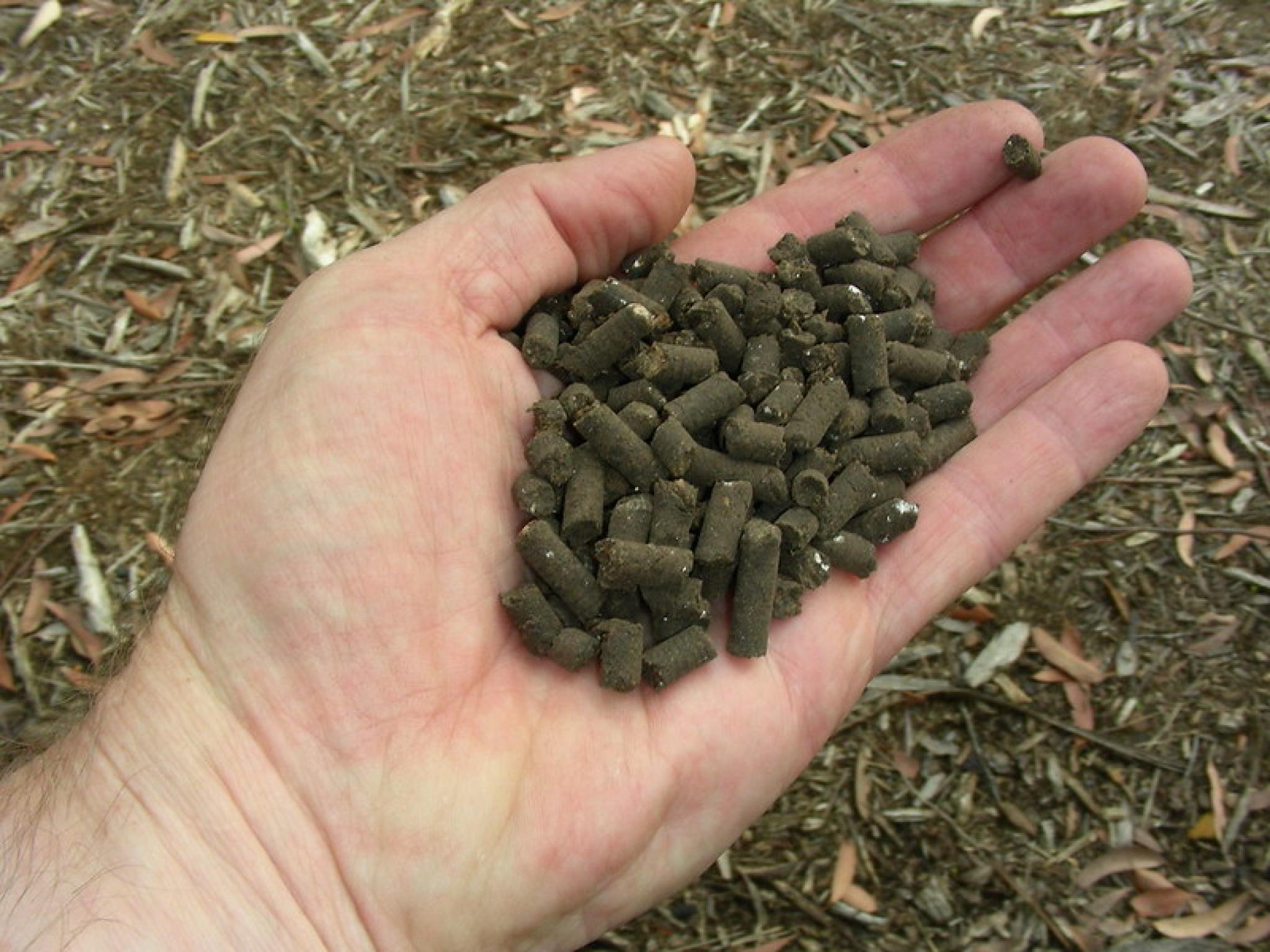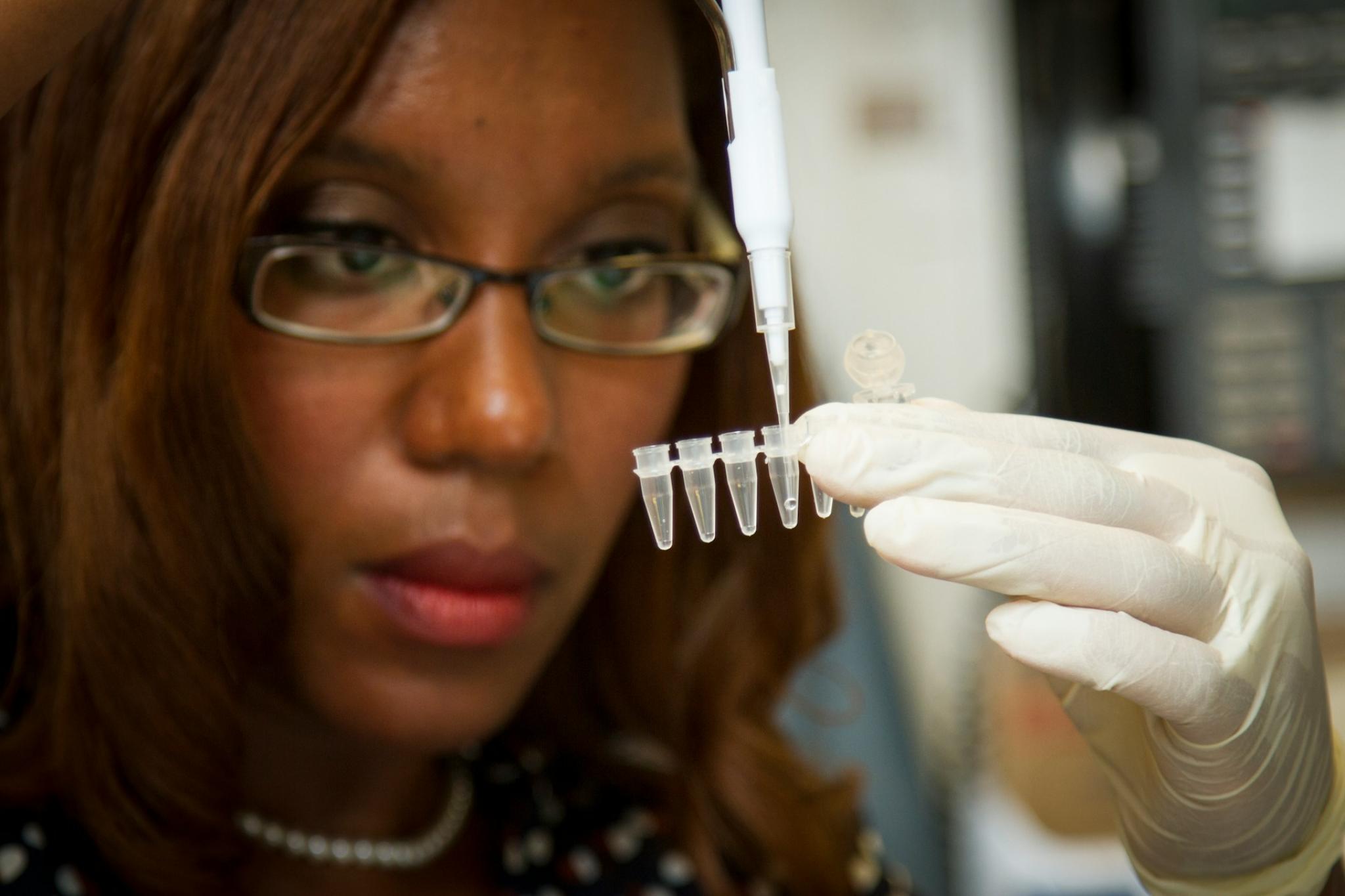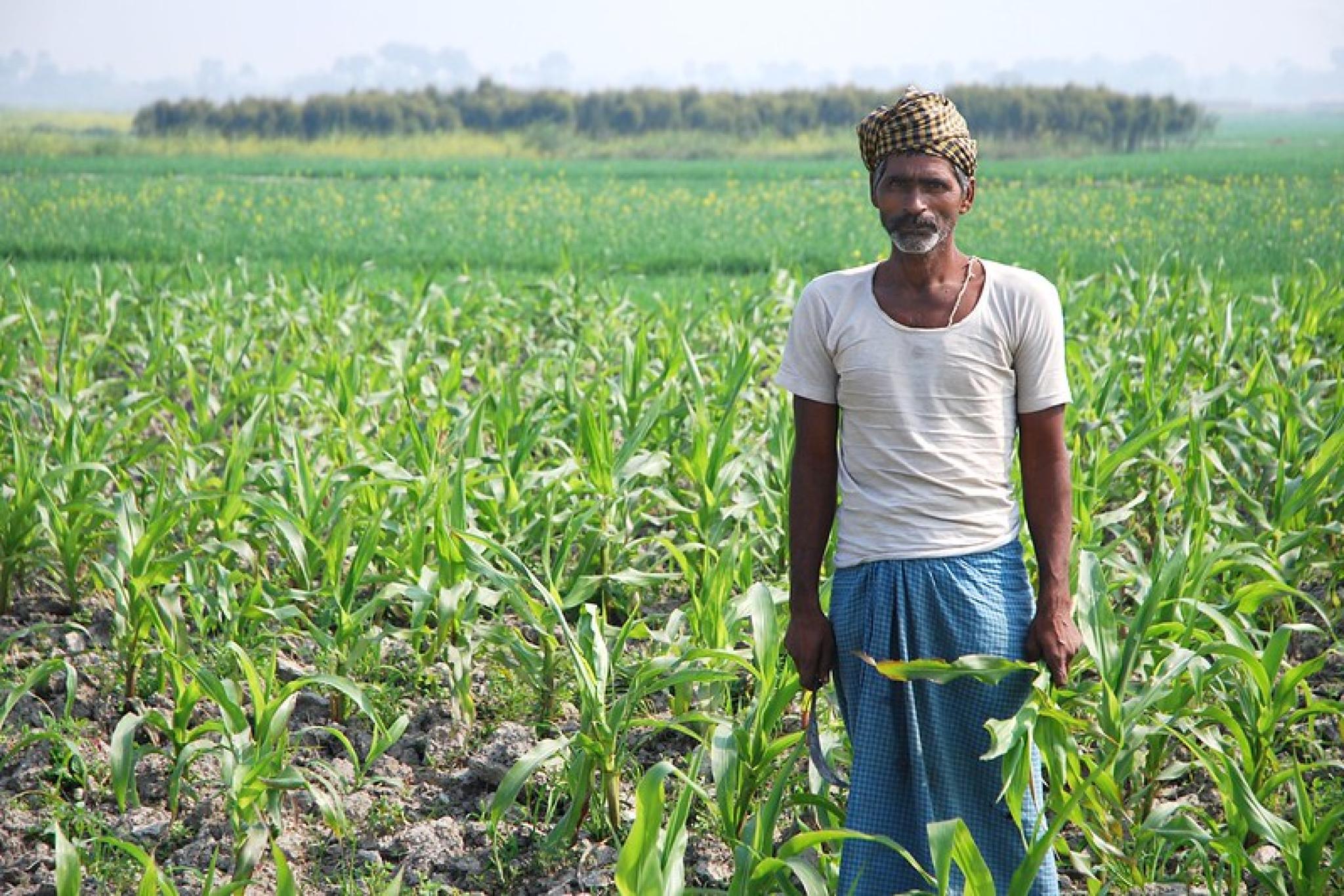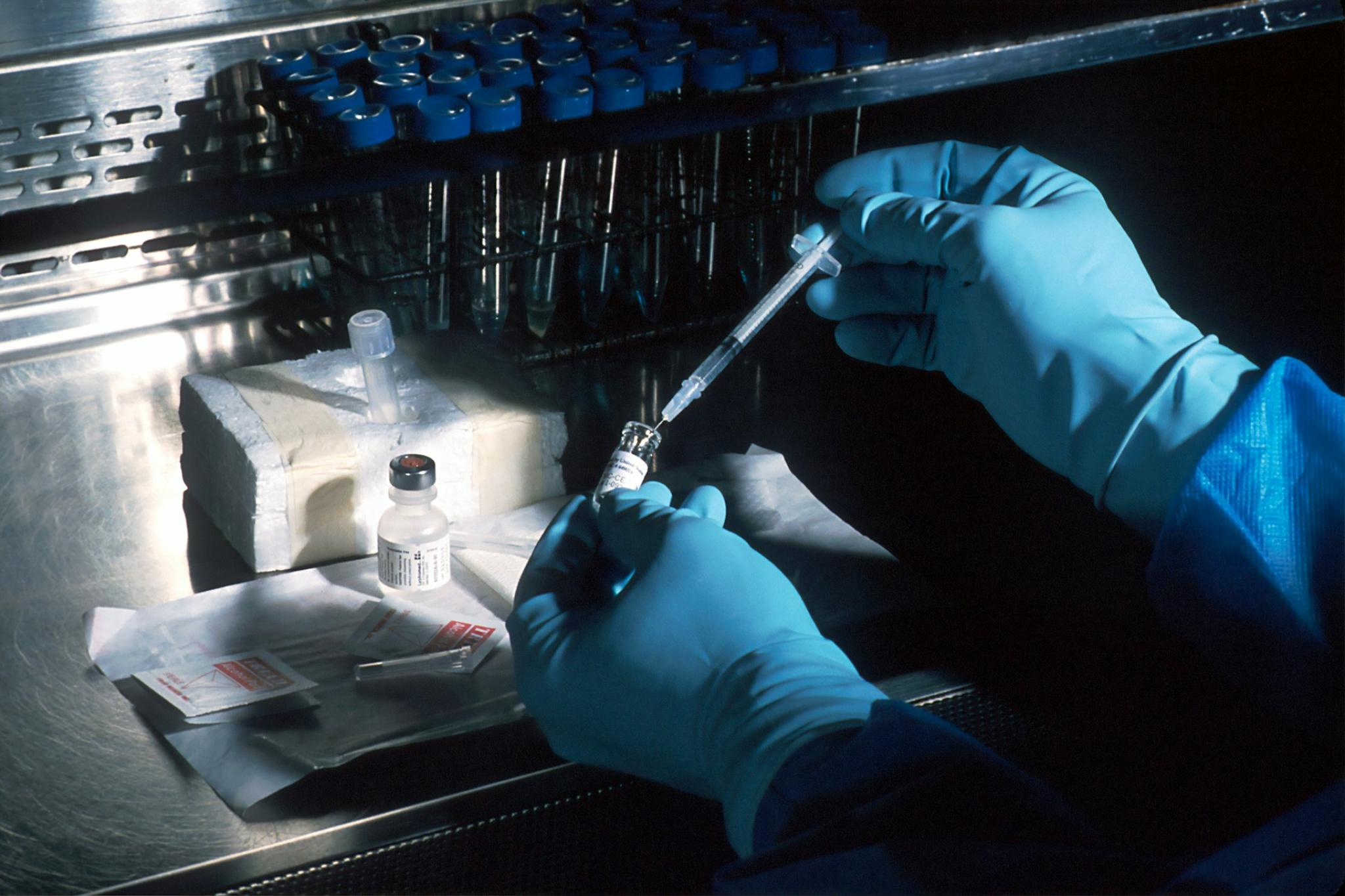Quad Biotechnology collaboration
The Quad Tech Network (QTN) is an initiative of the NSC, delivered with support from the Australian Government. The QTN aims to establish and deepen academic and official networks linking the Quad nations – Australia, India, Japan, and the United States – in relation to the most pressing technology issues affecting the future security and prosperity of the Indo-Pacific. Numerous biotechnology papers and events were delivered under this initiative.
Bio-innovation
Visions, Futures, and the Emerging Bioeconomy in Australia, led by Dr Dan Santos, examines how the emerging bioeconomy (or, particular sectors, areas or applications within it) is being imagined and communicated in the Australian context. ANU researchers work on biotechnology collaboration with Australia’s partners, including significant work on Australia-India biology partnerships.
Public and stakeholder opinion
Public opinion defines what is acceptable to governments and ultimately scientists and businesses. In collaboration with CSIRO, ANU has a project on Public views towards synthetic biology and its applications to society, led by Dr Henry Dixson, that studies what different groups in Australia feel about various genetic engineering applications. Henry also leads a project at the Centre of Excellence in Synthetic Biology and Western Sydney University on the emerging role of genetic engineering in negative emissions technologies.
Latest
On 17 April 2024, NSC hosted a workshop on the biomanufacturing industry in Australia. The workshop brought together leading industry, government and academic figures to discuss how all stakeholders could best work together to develop a meaningful industry in Australia. This included the breadth of the ecosystem from workforce challenges, infrastructure needs, government incentives, regulations, and R&D. As part of its continued engagement on critical technologies, NSC will publish a biomanufacturing policy options paper informed by workshop.

